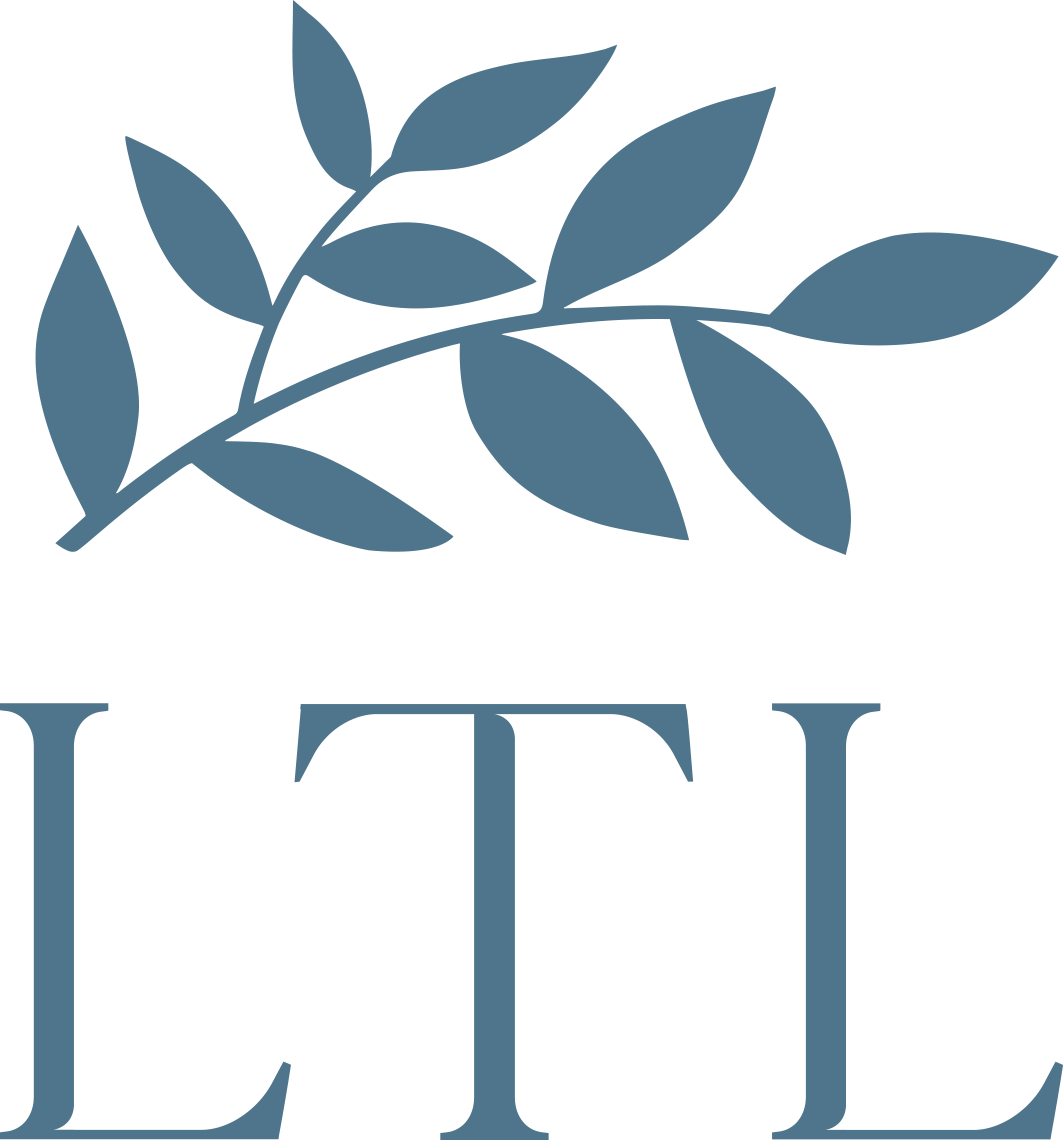What is an Estate?
Quite simply, it’s all your stuff. It’s not a big fancy house (although if you have one of those, congrats!), it’s a collection of all of the things that you own now and will collect throughout your life.
Your estate includes everything that you have ownership over, even if you share that ownership with someone else. If you are married, you probably share ownership over certain things with your spouse, or perhaps your children. Maybe your parents or grandparents left you a piece of property or a family heirloom that you share with a sibling or cousin. All of that is part of your estate. If you own a car, it’s part of your estate. If you own a really awesome record collection - also part of your estate. Do you see where this is going?
So, do you need an estate plan? Yes. If you own anything, no matter how big or small, you need an estate plan so that you (and not the government) gets to decide where everything goes when you die.
If you die intestate (without a will or trust) there are state specific laws that govern how your estate gets divided up upon your death. Every state has their own intestacy laws, so if you live in one state now, but happen to die in another state, different rules might apply. Despite the pandemic’s best efforts to keep us all at home, we live in a highly mobile country where people move all the time. The best way to avoid any concerns about strange state laws is to make an estate plan.
Estate plans can also do a lot of other important things, like set a guardian for minor children or set out what will happen in the event you are incapacitated and can’t make important medical or financial decisions. An estate plan can be as simple or as complicated as you want. When you’re ready to get started, reach out to our team at Laurel Trust Law.
